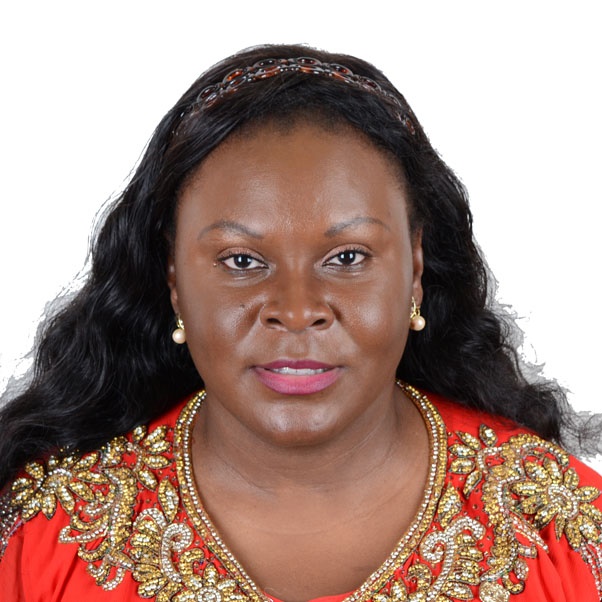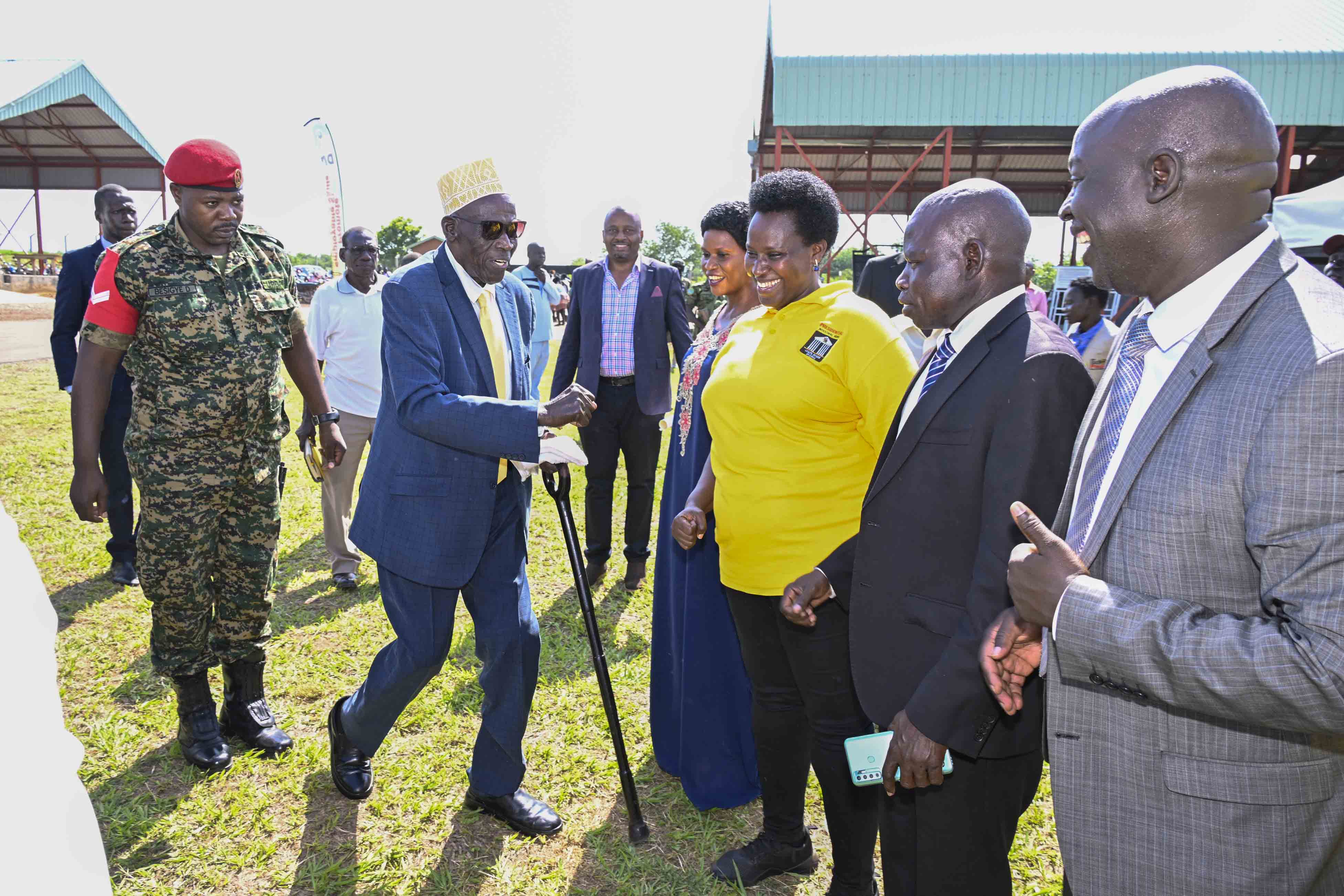A shared responsibility to improve service delivery and accountability
 Rosa Malango
Rosa Malango
Uganda’s National Vision 2040 foresees the transformation of society from peasants to a middle income society. This is a society made up of agri-entrepreneurs, scientists, ICT innovators, digital financiers, online instructors as well as of lawyers, cultural and religious leaders and civil servants. It foresees a Uganda that exports products with value add, that successfully sustains a peaceful environment and is recognized for its ability to manage an environment friendly industrialization. It is projected that the population of Uganda will be 75 million by 2040, today it is nearly 40 million with 78 percent below 30 years of age.
As we mark World Population Day, let us reflect on the implications of a national population that grows at a rate of 3 percent equivalent to 1 million people every year on the national vision and aspirations of becoming a middle income nation.
This year the theme for the National Commemoration of the World Population Day in Uganda is “Leaving nobody behind: improving service delivery and accountability”. This is a clear reference to the central pledge at the heart of Agenda 2030 on Sustainable Development Goals (SDGs) made by all nations to “Leave No One Behind.”
Let us reflect on our role in ensuring inclusiveness and shared prosperity for all vulnerable groups in our work. What do you do each day to ensure you include children especially girls, women, young people, persons with disabilities, refugees, people living with HIV and AIDS, ethnic minorities among others into your work or business.
Leaving no one behind entails tapping into our shared humanity by ensuring that every woman in the remotest village has access to affordable quality healthcare, that young people have access to learning facilities to become successful workers in their localities, that families live in well planned villages-cities-towns that are environment friendly. Nurturing respect, dignity and shared prosperity among households, communities and businesses will require us to have a dialogue about that will help us to jointly address the challenges of unmet family planning including unsafe pregnancies, deliveries with high maternal mortality rates and families with poor health conditions.
We must embrace the positive cultural and faith-based practices that uphold the dignity of all community members in order to embark on the journey of advanced development and shared prosperity. Deliberate efforts are required by all stakeholders to address inequalities in access to economic resources, education, employment, political participation and trade among others. These efforts must include measures that tackle exclusion, promote inclusion and development.
In Agriculture there are inequalities in access, control and ownership of land. The recently documented land wrangles, culturally connoted disparities between men and women, pose a serious concern for Uganda’s development considering agriculture as the main economic activity for the majority of the population. We must support the creation of a new generation of agri-entrepreneurs who will elevate subsistence farming into a significant economic sector. This will require leaving no one behind especially those most vulnerable which most of the time includes women and girls.
Currently there is gender parity at entry of primary schools, but retention and completion rates of primary are dismal for girls. Fewer girls transition to secondary and tertiary institutions. Various studies have revealed that girls drop out of school due to early and forced marriages, family responsibilities and the absence of role models. This deprives Uganda of hundreds of potential doctors, teachers, engineers, business leaders and public service leaders that are necessary to attain the national vision 2040.
There are some cultural practices that impede the advancement of some of the most vulnerable populations such as Female Genital Mutilation, forced/early marriage, wife battering among others. Changing these practices will require robust male champions at all levels who will protect and nurture women and girls, who will use culture to promote the rights of every member of their communities including young people.
On this World Population Day let’s commit to reflect and identify actions we can take individually and collectively to improve service delivery and accountability to the people of Uganda. Let’s commit to place people and planet at the heart of our efforts to attain and sustain shared prosperity.
By Rosa Malango
UN Resident Coordinator
UNDP Resident Representative













